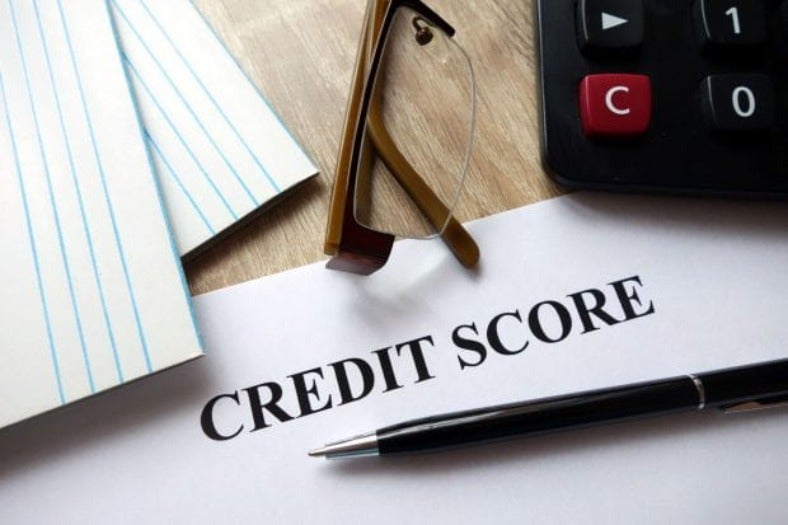Consumer credit scores steadily increased throughout 2020, but an expert from Rice’s Baker Institute for Public Policy says unintended consequences are emerging.
The jump in scores can be attributed to reduced credit utilization and lower consumer spending during COVID-19 shelter-in-place orders and quarantines as well as business closures leading to a lower demand for credit, according to a new issue brief by Joyce Beebe, fellow in public finance at the Baker Institute.
“While an upward trend in scores during a recession is unexpected, the scale of increase is even more unusual: the average FICO score has grown at around one point per year over the past decade; last year, it increased by eight points within six months,” Beebe wrote.
The rising scores may make it difficult for lenders to determine borrower risks due to artificially high credit scores, and loan defaults could rise when borrower forbearance ends and loan payments must resume.
“The lag between a borrower’s adverse economic event (such as job loss) and its impact (via reporting to a credit bureau) may render credit scores obsolete,” she wrote.
When forbearances end, many borrowers may not be prepared to resume payments, Beebe said. The maximum forbearance time allowed is typically 18 months, so many who requested forbearance in March or April last year will see it expire this September or October.
“For instance, the Consumer Financial Protection Bureau (CFPB) indicates that at the height of the pandemic, 6.9 million mortgage borrowers entered a forbearance program, and 2.7 million borrowers were still in forbearance in January 2021,” she wrote. “Industry data predicts that about 800,000 borrowers will exit forbearance in September or October, and the rest will gradually exit the program over the few months that follow. Researchers also warn that delinquencies or loan defaults on a large scale may stress the financial system, reducing available credit in the future.”
Consumer advocates suggest borrowers in forbearance should start budgeting, cut spending and take advantage of free credit report offers that were recently extended to April 2022, according to Beebe.
“In addition, if borrowers do not fully understand the terms of their revised agreements, including what happens when the current relief period ends, but the borrower still needs financial help, they should reach out to lenders as soon as possible,” she wrote. “If consumers diligently manage their credit, the pandemic may become an opportunity for some to strengthen their financial record and turn the temporary credit score surge into a fundamental improvement.”
To schedule an interview with Beebe, or for more information, contact Avery Franklin, media relations specialist at Rice, at averyrf@rice.edu or 713-348-6327.
-30-
Related materials:
Beebe bio: https://www.bakerinstitute.org/experts/joyce-beebe/.
Brief: https://www.bakerinstitute.org/media/files/files/9fb7fddc/bi-brief-050521-cpf-consumer-credit.pdf.
Follow Rice News and Media Relations via Twitter @RiceUNews.
This news release can be found online at news.rice.edu.
Founded in 1993, Rice University’s Baker Institute ranks as the No. 1 university-affiliated think tank in the world and the No. 1 energy think tank in the world. As a premier nonpartisan think tank, the institute conducts research on domestic and foreign policy issues with the goal of bridging the gap between the theory and practice of public policy. The institute’s strong track record of achievement reflects the work of its endowed fellows, Rice University faculty scholars and staff, coupled with its outreach to the Rice student body through fellow-taught classes — including a public policy course — and student leadership and internship programs. Learn more about the institute at www.bakerinstitute.org or on the institute’s blog, http://blog.bakerinstitute.org.

